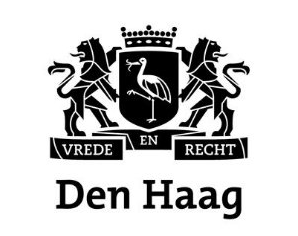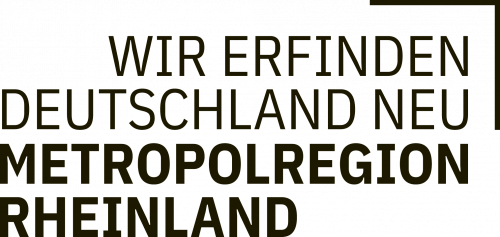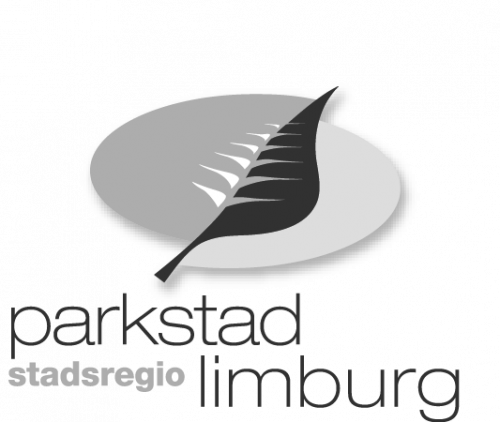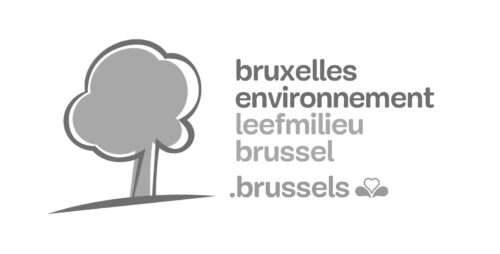Click for the Nederlands version
Click for the French version
On Thursday, 13 October, the results of the first SURE Eurodelta study on sustainable mobility in the Amsterdam-Brussels-Cologne-Lille area were presented in the house of the Benelux Unie in Brussel. Substantial growth in mobility is expected in this so-called megaregion, also known as the Eurodelta. The outcome of the study should help the governments of these four countries set a joint agenda, so they can work together on sustainable economic development in this region, which is of vital importance to Europe. At the presentation of the results in Brussels, several governments indicated their commitment to taking action based on the findings of the report.
Mobility growth
The study, which was produced by the ESPON network, shows that mobility in the Eurodelta is set to grow considerably until 2050. Freight transport will increase by almost 60%, and passenger transport by 18%. This growth will significantly contribute to the emission of CO2, nitrogen oxide (NOx) and particulate matter, which is already hampering broad wellbeing in the Eurodelta. Increasing noise levels, especially in cities, can also have a hefty negative impact on quality of life.
The study yielded the following insights:
- Commit to replacing air travel by rail travel. In terms of the spatial development of the Eurodelta as a whole, intensifying the use of high-speed lines is particularly important because of the effect on passenger and air traffic. With the intensification of high-speed lines, passenger transport by rail could potentially more than double, thereby reducing air and road traffic. Moreover, the shift from aviation to high-speed rail for short and medium distances will have a major impact on CO2 and noise reduction at and around the four primary airports in the Eurodelta.
- Implement harmonised Zero Emission Zones (ZEZs) in all major cities (>100,000 residents) in the Eurodelta for cars and trucks by 2035. This will lead to significant CO2, NOx and particulate matter reductions.
- Make efforts to increase the possibilities of Mobility as a Service (MaaS), e.g. by investing in digital and physical infrastructure.
- Improve cross-border rail connections in the Eurodelta between Belgium, France, Germany and the Netherlands. Removing the barrier of national borders in daily transport between areas is important for local economies in the border regions.
Collaboration is complex but necessary
The proposed measures have been raised before, but they do provide a detailed roadmap to what is needed in terms of coordination on environmental zones or what needs to be developed internationally for ticketing in cross-border rail travel. In addition, the conclusions help underline the crucial importance of collaboration and coordination between governments as well as between private companies.
During the meeting in Brussels, the urgency of the task ahead and the proposed measures were both recognised and embraced by the speakers and the guests, giving plenty of opportunity to discuss the implementation of the measures at European, national, regional or local level. Many of the parties that were present have already started implementing some of the proposed measures.
Initiatives in this area have been summarised in a short document – Propelling Sustainable Mobility – Conversations with policy-makers in the Eurodelta – and were further explained by several speakers during the meeting. The document was presented to Frans Weekers (Deputy Secretary-General of the Benelux Union), who indicated that he would use the report in his own working groups on environmental zones and MaaS. He also promised to make efforts to work together with Germany and France in placing international rail back on the Benelux Union’s agenda.
It is important for national, regional and local speakers to get the support they need as they implement the results of the study, and for them to seek out collaborative opportunities. In the coming period, the SURE Eurodelta secretariat will bring the results of the report to the attention of various authorities, the ongoing initiatives around the EU’s Green Deal and the various national mobility plans. The decisiveness shown at the meeting in Brussels must now be translated into concrete next steps. Time is of the essence.
See more information about the day here
- Policy paper of the report with a link to the overall report (PDF download)
- Conversations with policy-makers from the Eurodelta (PDF download)
- Report of the conference: coming soon
- Programme of the day: https://stise-meeting.pzh-events.nl/
What different stakeholders and researchers say are the most important next steps
For more information please contact info@sure-eurodelta.eu.


















